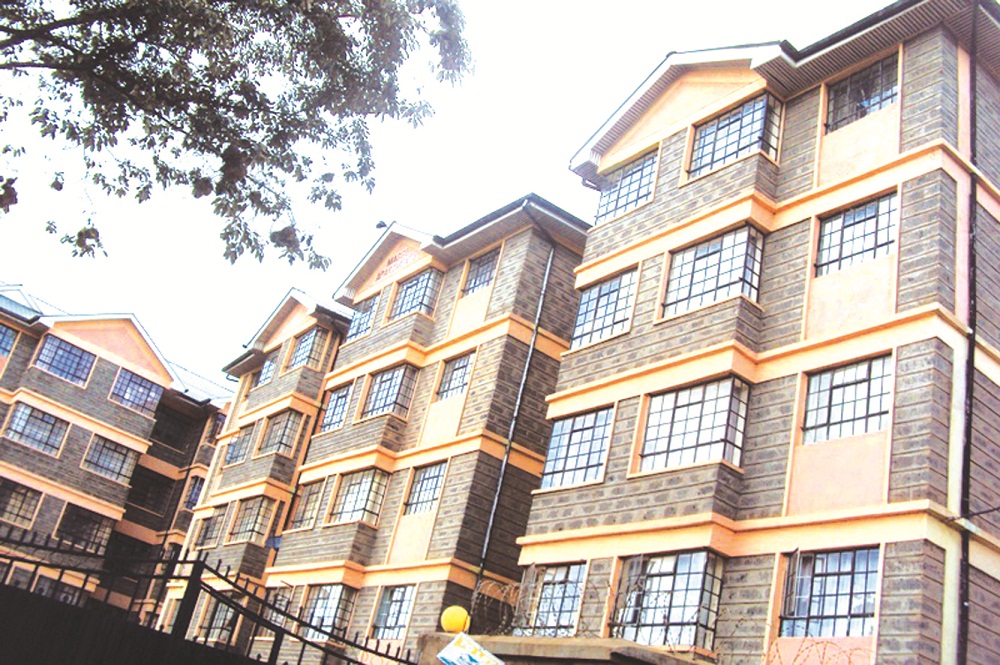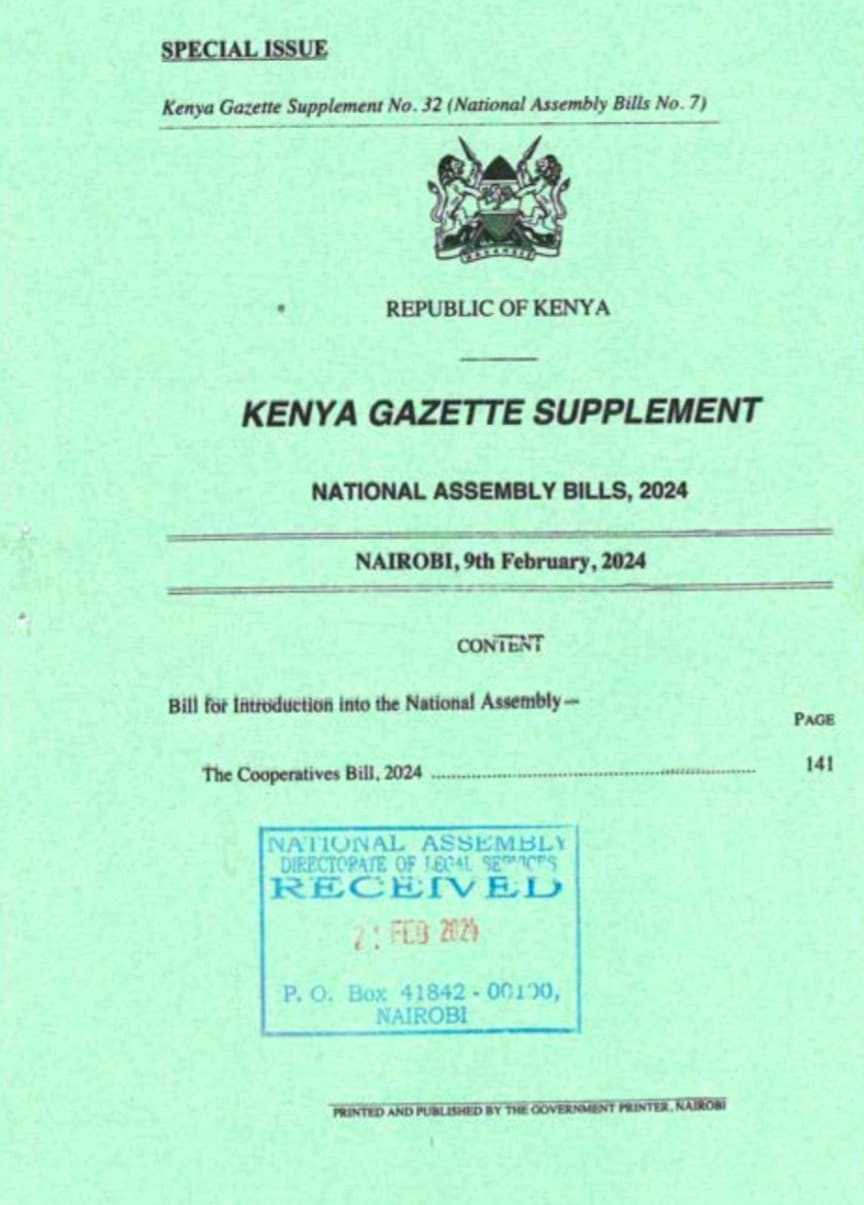Landlords, property owners and Licensed Auctioneers of Kenya have expressed concerns over the newly proposed Landlords and Tenant Bill meant to repeal three current laws governing the real-estate subsector, and introduce one statute which will include all regulatory guidelines in the both residential and business premises.
The landlords argue that the bill lacks an elaborate rent distress procedure hence it doesn’t establish a clear roadmap on how landlords can levy distress against tenants for non-payment of rent.
The bill is currently before the senate. If enacted into an Act of parliament, it will repeal the Distress for Rent Act (Cap 293), Rent Restriction Act (Cap 296) and the Landlord and Tenant (shops, hotels and catering establishment) Act (Cap 301).
In his submission to legislators, Samuel Mutahi Gathogo, a landlord, noted that many times landlords have had to invoke the provisions of the Distress for Rent Act to recover sums of money in unpaid rent.
Mutahi expressed concern that the Bill repealing the provisions of the Distress for Rent Act and in its place giving clear mechanisms and criteria for levying distress leaves a vacuum and particularly a legal lacuna.
“As a landlord, what do I do when faced with a tenant who has, for months on end, failed and/or refused to honour their rental obligations for reasons unbeknown to me? On this pertinent issue, the proposed Bill is shallow and needs to incorporate a clear mechanism and criteria for levying distress,” said Mutahi.
The Distress for Rent Act currently empowers landlords, whether by themselves or through licensed auctioneers, to levy distress and issue a proclamation notice to the tenant requiring them to clear all outstanding rental dues within a period of 14 days.
Upon the expiry of 14 days, if at all the tenant has not complied with the terms of the proclamation notice, the landlord or landlady is legally sanctioned to remove from the premises and sell the detained goods at the best price in order to recover the rental dues owed to them.
Mutahi notes that this was very friendly as the tenant is given a notice and before the expiry of such notice the tenant is at liberty to seek redress from court.
He added that landlords acquire property, residential or commercial, in assorted ways; key among them being through loan facilities from financial institutions.
The terms of such loan agreements demand that rental income forms the monthly installments for the loan facility hence a tenant’s failure to pay rent together with the landlord’s inability to levy distress and recover the rental dues, as proposed in the new law, will cripple the landlord’s economic stability and affect their ability to service loans.
James Josiah, who owns both residential and commercial properties in Nairobi, raised concern on the Bill since it proposes to impose 6 months jail term on a landlord who evicts a non-paying tenant.
He argued that such a move is tantamount to criminalizing a landlord enforcing his/her rights.
“It ends up jailing a person who is merely trying to collect monies that are due to him or her for someone who has resided in his/her premises and who had already agreed to the rent that is due and payable,” he lamented.
He added: What is worse is that the landlord can be jailed for attaching a tenant’s property for unpaid rent. This will naturally result in many tenants blatantly refusing to pay rent knowing that there is next to nothing the landlord can do to recover the unpaid rent in a timely manner,” he added.
Josiah said if the Bill will be enacted into Law, the net effect will either be to reduce the number of available premises for rental purposes, or into landlords putting in very hefty deposit requirements that would eventually result in low income people not being able to afford shelter.
His sentiments were supported by fellow landlord Geoffrey Kang’ethe who stated that repealing distress for rent Act in its entirely closes an important avenue in the recovery and turnaround time of rent that are in arrears.
He added that the proposed Bill opens a costly avenue to both landlords and tenants and that the Act Cap 293 and the Bill should be allowed to run concurrently.
The landlords also pointed out that most landlords will likely refuse to invest in property industry, a move that will adversely affect the Gross Domestic Product (GDP) of the country and the collectable tax revenue.
The Licensed Auctioneers of Kenya support the landlords, stating further that the Distress for Rent Act Cap 293 should be retained in both residential and business premises and consequently the two months default period.
They also want to be empowered to arbitrate between the landlord and tenant as a court officer in line with Article 159 of the constitution in case of rent defaults.
By our reporter
Get more stories from our website: Sacco Review. For comments and clarifications, write to :Saccoreview@shrendpublishers.co.ke
Kindly follow us via our social media pages on Facebook: Sacco Review Newspaper for timely update


